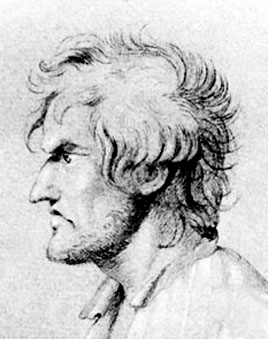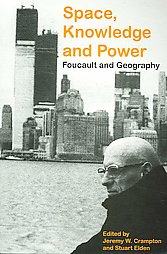Laclau, Ernesto and Chantal Mouffe. 1985. Hegemony and Socialist Strategy: Toward a Radical Democratic Politics. 2nd Edition. London: Verso.
The authors situate their book with what they perceive as a crisis of Marxism in the mid 1970’s, and they position themselves and their intellectual offering as a Post-Marxism. Their project is very explicitly a Marxism beyond class that, for them, requires a rethinking of the political and the social. They claim that “deeper levels of contingency require hegemonic—that is, contingent—articulations” while the “notion of the subject before subjectification establishes the centrality of the category of ‘identification’ and makes it possible, in that sense, to think of hegemonic transitions which are fully dependent on political articulations and not on entities constituted outside the political field—such as ‘class interests’” (xi). Continue reading



